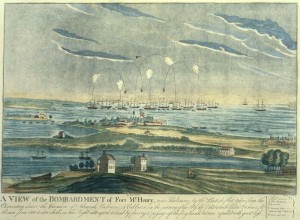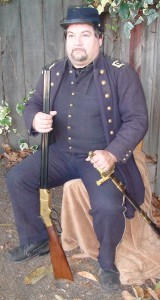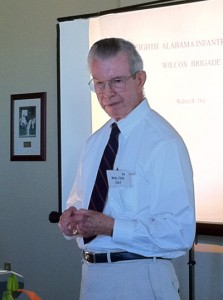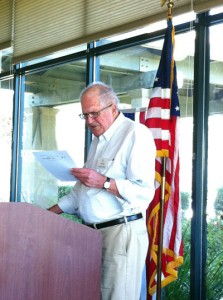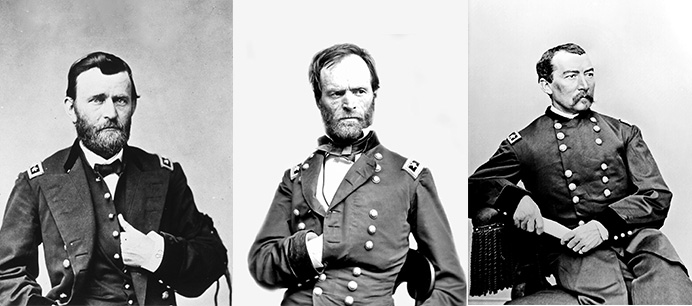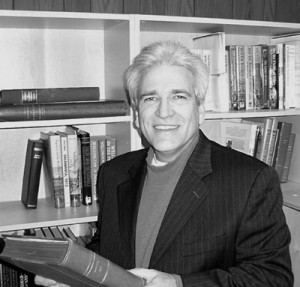Chris Palmer on “Invasion of the Chesapeake – War of 1812 Bicentennial Defense of Washington and Baltimore”
Chris presented an overview of the British raiding of the Chesapeake in 1813 and 1814 and the Battles of Bladensburg at Washington and North Point, Hampstead Hill, and Fort McHenry at Baltimore. Most of the land War of 1812 had been fought along the Canadian border, around Niagara and Great Lakes, with some naval actions on the Lakes. The British were trying to end the American war and to harass and to divert US forces from the real British objective of attacking Plattsburgh, New York. The British hoped that having finally defeated Napoleon, they could end the American war and perhaps take back portions of New England and secure the Canadian border by the two-prong simultaneous action in the Chesapeake and taking Plattsburgh and defeat the American army at the same time. The Chesapeake raiding forces’ goals were to harass and panic the Americans, bottle up US Navy ships, and prevent privateers from escaping Baltimore to raid British shipping. Privateers were a real irritant and the British commanders wanted to make the “den of pirates” in Baltimore pay by taking McHenry and then Baltimore.
Chris Palmer is a practicing geologist and hydrogeologist consultant working mostly on applied groundwater contaminant problems, and some engineering geology. Most of his work is in the Bay Region and at times he has worked in other states over the last 34 years. He is a life-long amateur historian, mostly American history as well as world history and history of science.

